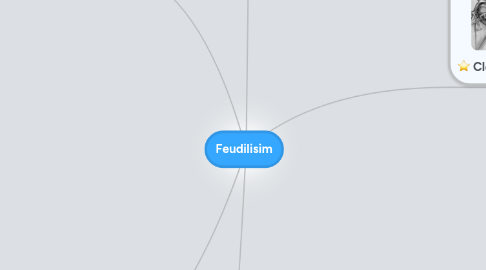
1. Knights
1.1. Enviorment
1.1.1. They worked where ever the Lord ordered them too. Most times they would guard the city that they lived in. They would fight battles from time to time for various reasons(land, money, power).
1.2. Responsibilities
1.2.1. The duty of the knight was to fight for their Lord and for their land. They were warriors who attacked and defended against other neighbooring cities.
1.3. Rights
1.3.1. When knights were very yound they were sent to training grounds to learn the ways of a knight and were called, Page. Then they moved on to being a squire, a helpful assistant to older knights. This included giving the knight meals, cleaning the knights' armor, and also practicing on their own for when they were to become a knight. At the age of 20 or so, they would become a knight themselves.
1.3.2. There were 3 steps in becoming a knight (explained above)
2. Nobles
2.1. Enviorment
2.1.1. They ran manors that peasants worked on
2.2. Responsibilites
2.2.1. They obeyed the King's orders.
2.2.2. They maintained the manor's the ruled over. They were in charge of anything that went worng. They took in all the revenue from farming and working of unfree peasants.
2.2.3. They also would tax land for other farmer to bring in money and power.
2.3. Rights
2.3.1. Almost all nobles were born into being a noble. They were only a small percentage of nobles who became noble over thier lifetime.
2.3.2. They have a say in political issues and have power over every class below them to a certain extent.
2.3.3. They were looked upon as the higherachy to many people and were very wealthy
3. King
3.1. Enviorment
3.1.1. He lived the most royal part of the city. Normally had castles with many knights guarding.
3.2. Responsibilites
3.2.1. To watch over his city and other land that belonged to him. Made all major decisions for city.
3.2.2. Took responsibility for all other classes but also maintained them.
3.3. Rights
3.3.1. He had the right to do anything he wanted with no question and no over power refusing. He ruled the city/town how he wanted.
3.3.2. He controlled all other classes
4. Peasants
4.1. Enviorment
4.1.1. Work on Lord's Manor
4.1.2. 90% of people in middle ages were considered to be peasants. This made the manor's packed.
4.2. Responsibilities
4.2.1. Their lives consisted of working on the manor and family life. The manors were packed because the 90% of people were peasants. Free peasants worked for their own money as jobs. Unfree peasants worked for their stay on the farm.
4.3. Rights
4.3.1. The unfree slaves had no rights. They were just workers, working for living and food. The free peasants had a right to work for their own money.
5. Clergy
5.1. Enviorment
5.1.1. They were mostyl in the church their whole life. They also spread the word in other places.
5.1.2. They were village priests in the manors among the peasants.
5.2. Responsibilities
5.2.1. They took care of the sacrements of the people. They followed the Pope's ruling. They were scond in command to the Pope. The clergy included bishops, priests, monks, and nuns. These all played a seperate part in the church. Clergy were church bound their whole life. Church was the biggest part of the society in the Middle Ages.
5.3. Rights
5.3.1. They had wealth and power. They were looked up upon because they were part of the church. They ruled over the happening of the church
5.3.2. They had prestige
